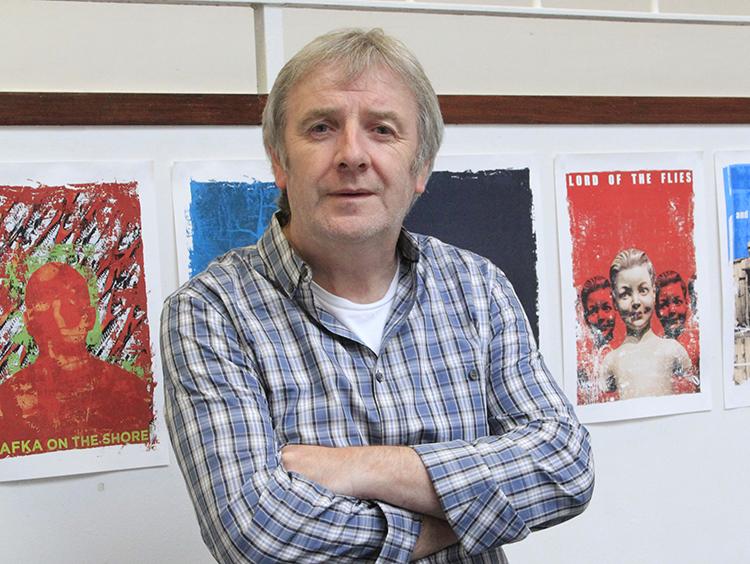How to deliver fantastic community learning

“There are lots of considerations but three key things jump out: the importance of finding a member of staff who not only has the right skills base but who also understands the needs of adult and community learners; a subject which has the potential to lead to personal growth; and delivering right within the geographic heart of the community. Easy to say but much harder to do in the current financial environment.
“When it works, community learning can be the most potent of all forms of education. For example, an entire generation of Leeds performers, teachers and workshop leaders has stemmed from a wonderful community project at the turn of the century, Geraldine Connor’s magnificent Carnival Messiah.”
How can we match the training needs of the creative sector?
“I think the creative sector is far more closely linked than before to colleges and universities, and all learning establishments now try to ensure that creative employers have access to students, either through advising on curriculum content or through real life projects or through employer forums.
“The skills shortages within the creative sector are well known and are being addressed by a host of new technical courses and qualifications.”
How can we develop ‘future proof’ skills for our learners?
“Within specific vocational skills areas I’m pretty sure that you can’t. But you can develop within students an understanding that the world of work, and the digital world in particular, is ever-evolving and ensure that, whatever courses you are running, your learners are encouraged to think creatively, problem-solve and be willing to not only build upon existing skills but embrace the opportunity to learn new ones. And that is why creative courses should be so cherished – these are the skills at the heart of them.”
What would be the biggest help for delivery staff (teachers, trainers, assessors, lecturers etc) to deliver effective and sustainable learning?
“The re-emergence of subject specific teacher support groups would be helpful. As a young drama teacher in the early 1980s, I used to trot along to a fortnightly evening session where Leeds drama teachers shared ideas, led workshops and argued about Brecht. I used those ideas for years and left each session genuinely energised.
“Online learning materials are the order of the day now and are undoubtedly brilliant, but a tutor logging in to find these materials can remain a fairly lonely process. Human interaction was the key to me seeing the real potential in the ideas being put forward on those Thursday nights at the John Taylor Teaching Centre in Leeds.”
What is the biggest challenge for the sector?
“Finding ways to retain good young staff. I currently manage some brilliant young staff who are in education for all the right reasons and who really want to work with young people to make a difference. Within five years, a fair proportion of these staff will have left the sector and taken their skills elsewhere despite our best efforts to retain them and enhance their career. Lots of reasons for this – this is a very different world to the one I started in in 1978.
If you were the Skills Minister, what would be your top three priorities?
“Simplify the processes which underpin apprenticeships so that small scale employers can see the wood for the trees.
“Be wary of employers complaining that students aren’t ‘job-ready’ – additional skills training is always going to be needed once employment starts.
“Start singing the praises of what the creative industries contribute to the economy of this country and use that to get creative subjects back on school curriculums.”
Ken Reid, Director of Curriculum, recently retired after 38 years at Leeds City College











Responses